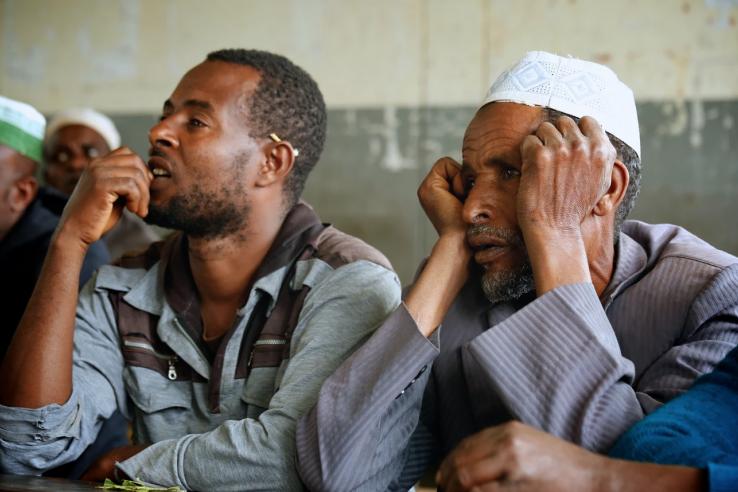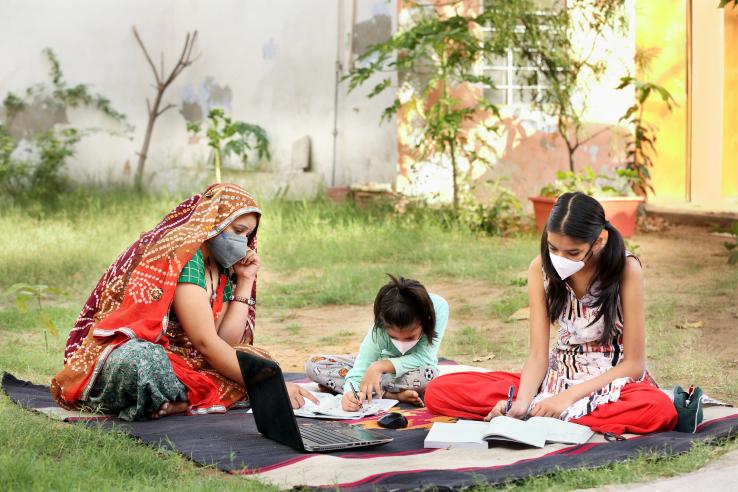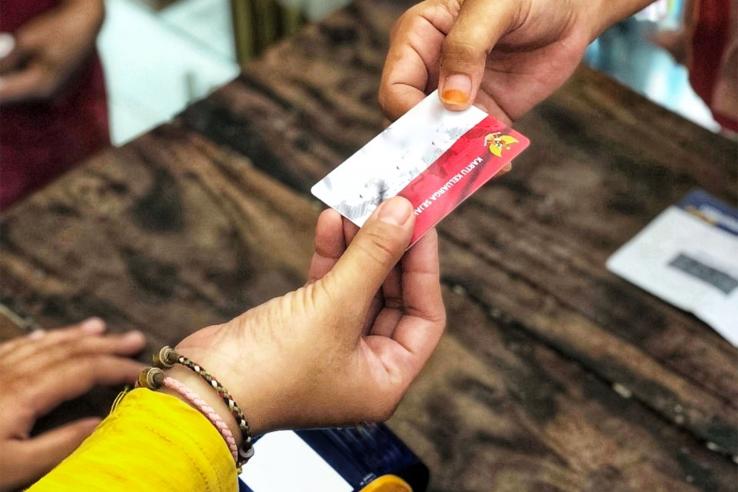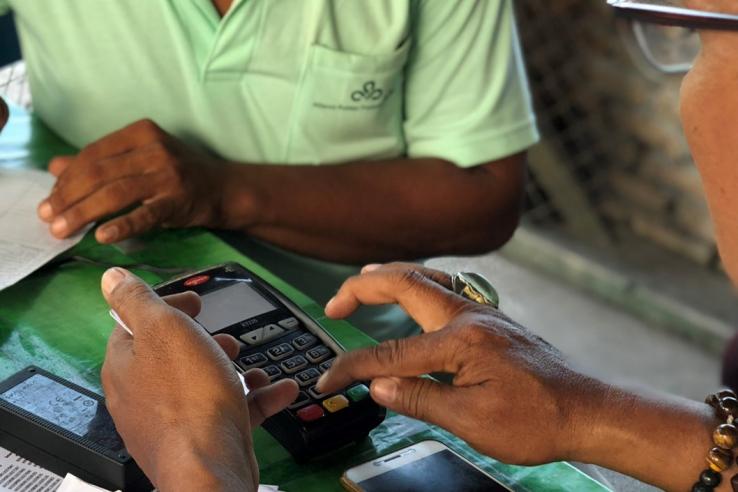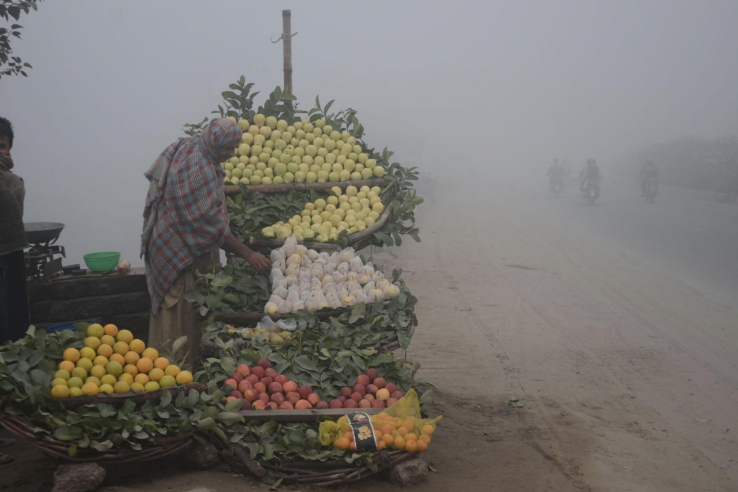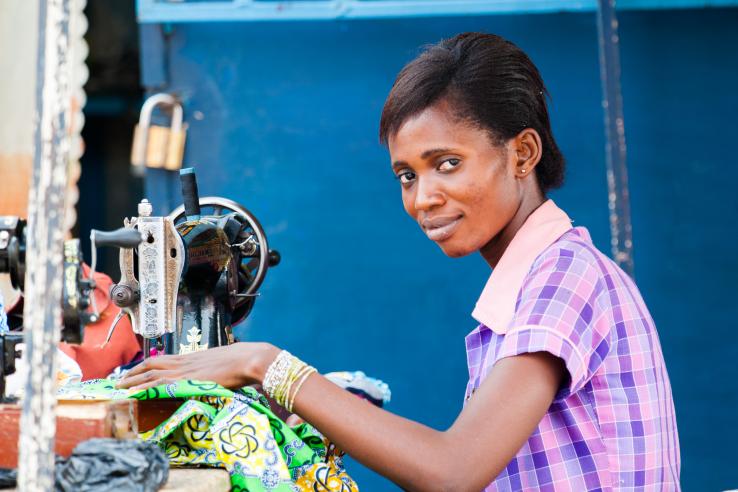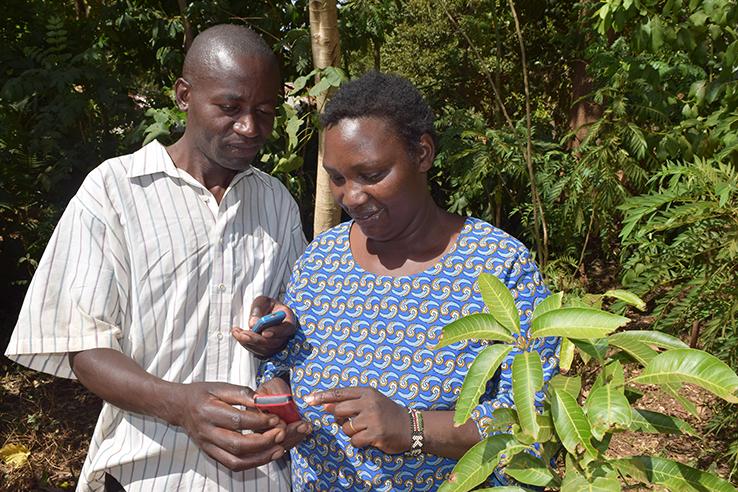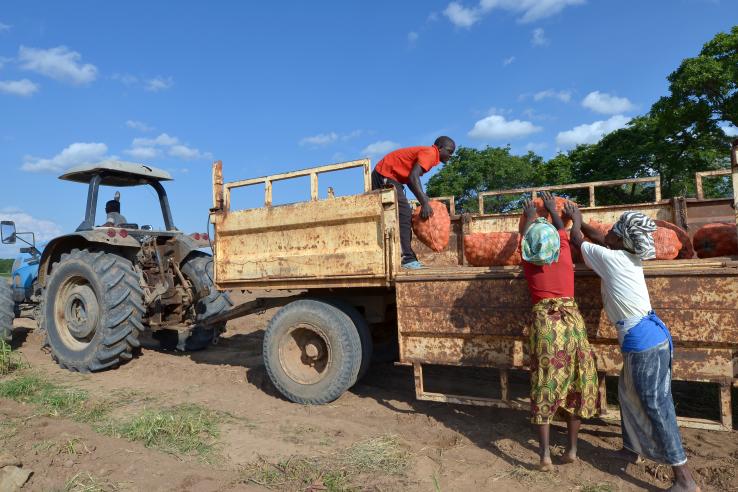Displaying 1711 - 1725 of 8491
Page
Landing page
Blog
A growing body of evidence suggests that gender inequality, especially social norms that endorse violence against women, is one of the main drivers of IPV. What programs can effectively build more gender equitable attitudes and behaviors, and do these behaviors translate into reductions in violence...
Person
Diego Verdugo joined J-PAL in January 2013 and is a Senior Research Manager. He is currently working on the evaluation of the program Chile Sano, which measures the impact of a dental treatment on labor market outcomes of economically vulnerable people.
Page
Landing page
Blog
In 2013, J-PAL began a collaboration with the American Economic Association to create the AEA’s RCT Registry. Now, users can browse registry metadata with ease using monthly data snapshots uploaded to the Harvard Dataverse by J-PAL. These snapshot datasets let users access registry metadata, cite to...
Blog
J-PAL is launching a one-time Education Research and Scale for COVID-19 Recovery innovation competition to fund randomized evaluations and scale-ups of strategies to improve access, quality, equity, and relevance of pre-primary, primary, and post-primary education in response to the ongoing COVID...
Page
Landing page
Blog
For the past decade in Indonesia, J-PAL affiliated researchers, together with government agencies and J-PAL Southeast Asia, have been working to generate policy-relevant evidence using randomized evaluations to understand the causal impact of anti-poverty programs. This blog summarizes what we have...
Blog
How can technological innovations in digital finance help accelerate progress? This blog recaps an October webinar hosted by J-PAL SEA's Inclusive Financial Innovation Initiative (IFII), which provided an overview of the financial inclusion and digital finance services sector in Indonesia and...
Blog
This Earth Day, amid the coronavirus pandemic, the connections between our health and well-being and that of the planet are more present than ever. COVID-19 and climate change share the dubious distinction of taking the greatest toll on the world’s most vulnerable.
Person
Fernando Irarrázaval joined J-PAL in May 2013 and holds a professional degree in Industrial Engineering and Information Technologies. Fernando, as a Policy Manager, is working on sharing lessons from J-PAL evaluations with policymakers, preparing policy material to support J-PAL’s outreach efforts...
Resource
Basic page
The Covid-19 Messaging Working Group was formed to develop insights and implement strategies at scale for better communication on Covid-19. It includes economists, physicians, and epidemiologists.
Blog
Quality employment is one of the many ways people can graduate from poverty. Yet, unemployment remains is a problem that has only become more salient through the COVID-19 pandemic. Over the course of 2020, the Jobs and Opportunity Initiativehas funded more than twenty projects that seek to answer...
Evidence to Policy Case Study
Case study
In this Evidence to Policy case study, see how Precision Development leveraged findings from two randomized evaluations to create and diffuse a new mobile-phone based model for agricultural extension.
Blog
J-PAL affiliate Kelsey Jack is leading a movement of climate-focused research within development economics and poverty alleviation through her own research and as co-chair of the King Climate Action Initiative.
